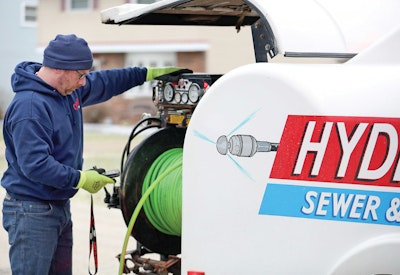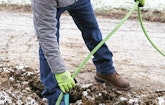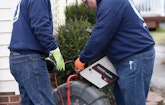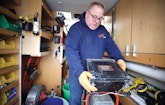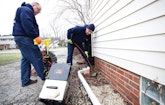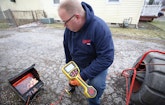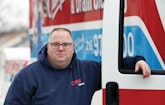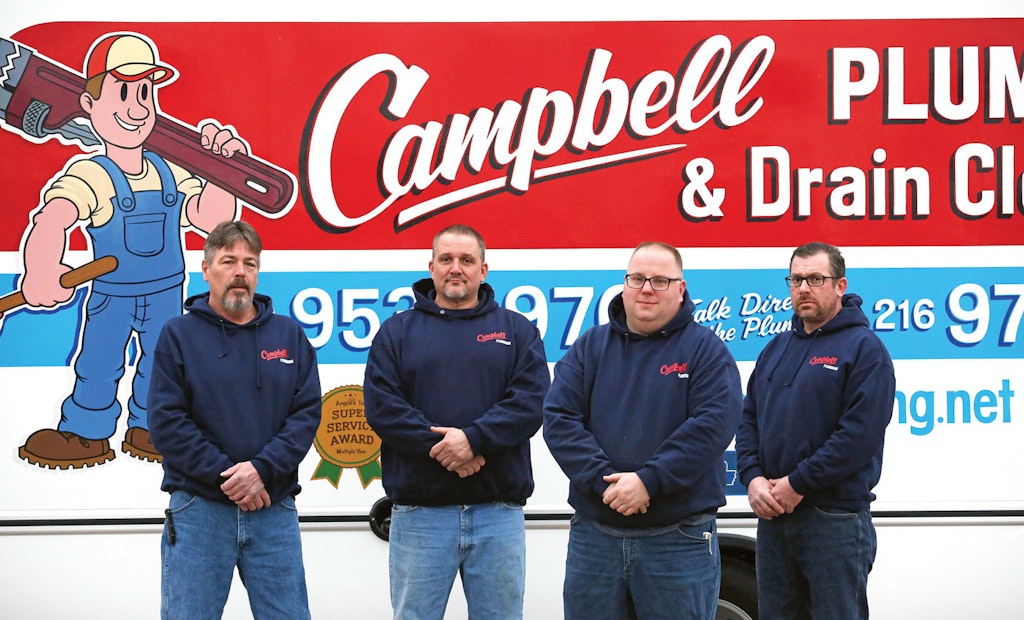
The Campbell Plumbing & Drain Cleaning crew includes (from left) Jack Laing, Vince Lamitie, owner Scott Haymer and Pat O’ Brien.
It may sound implausible that one new piece of equipment could dramatically change the fortunes of a plumbing company. But that’s exactly what happened at Campbell Plumbing & Drain Cleaning in Eastlake, Ohio, after the company invested about $50,000 in a trailer-mounted water...
